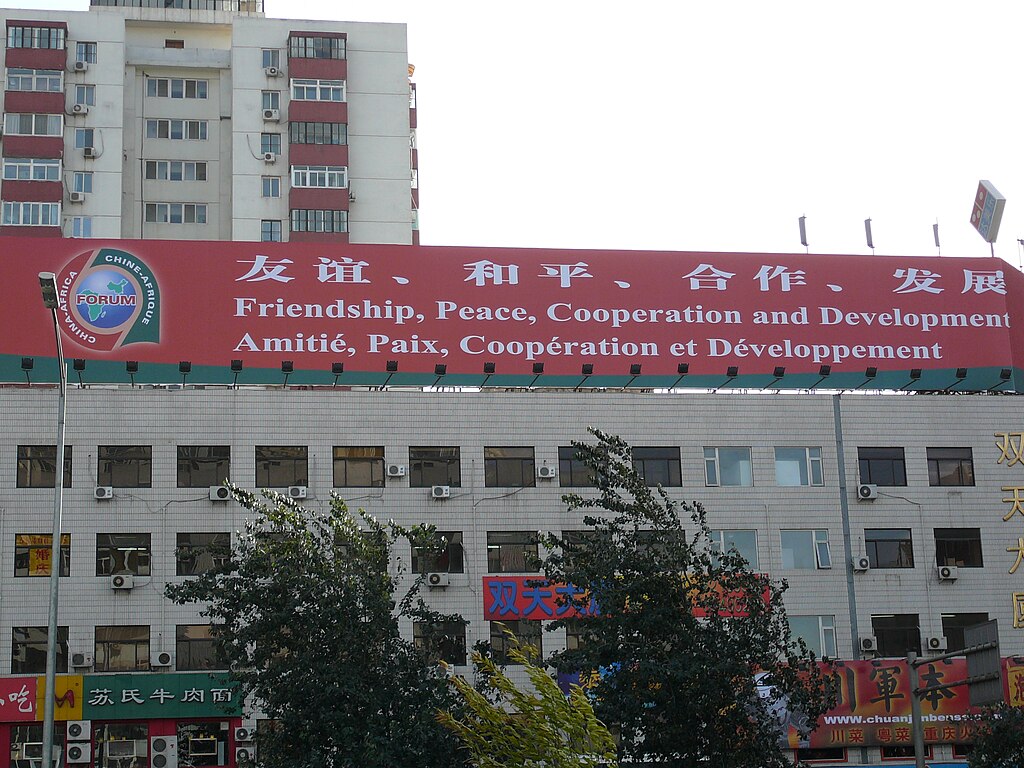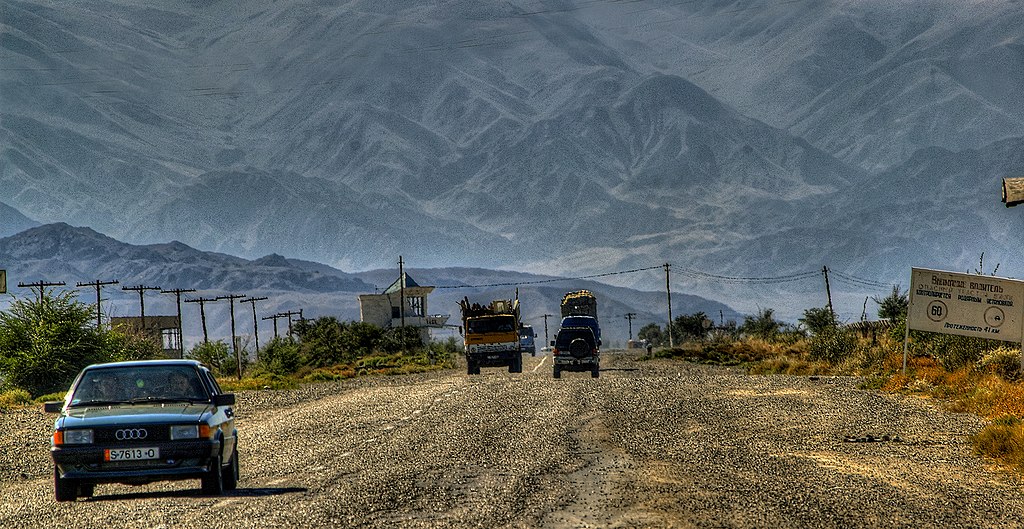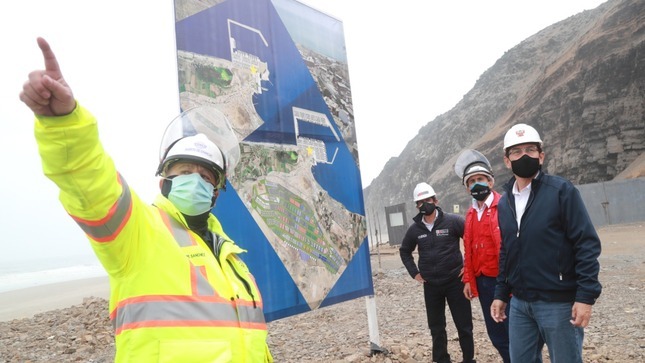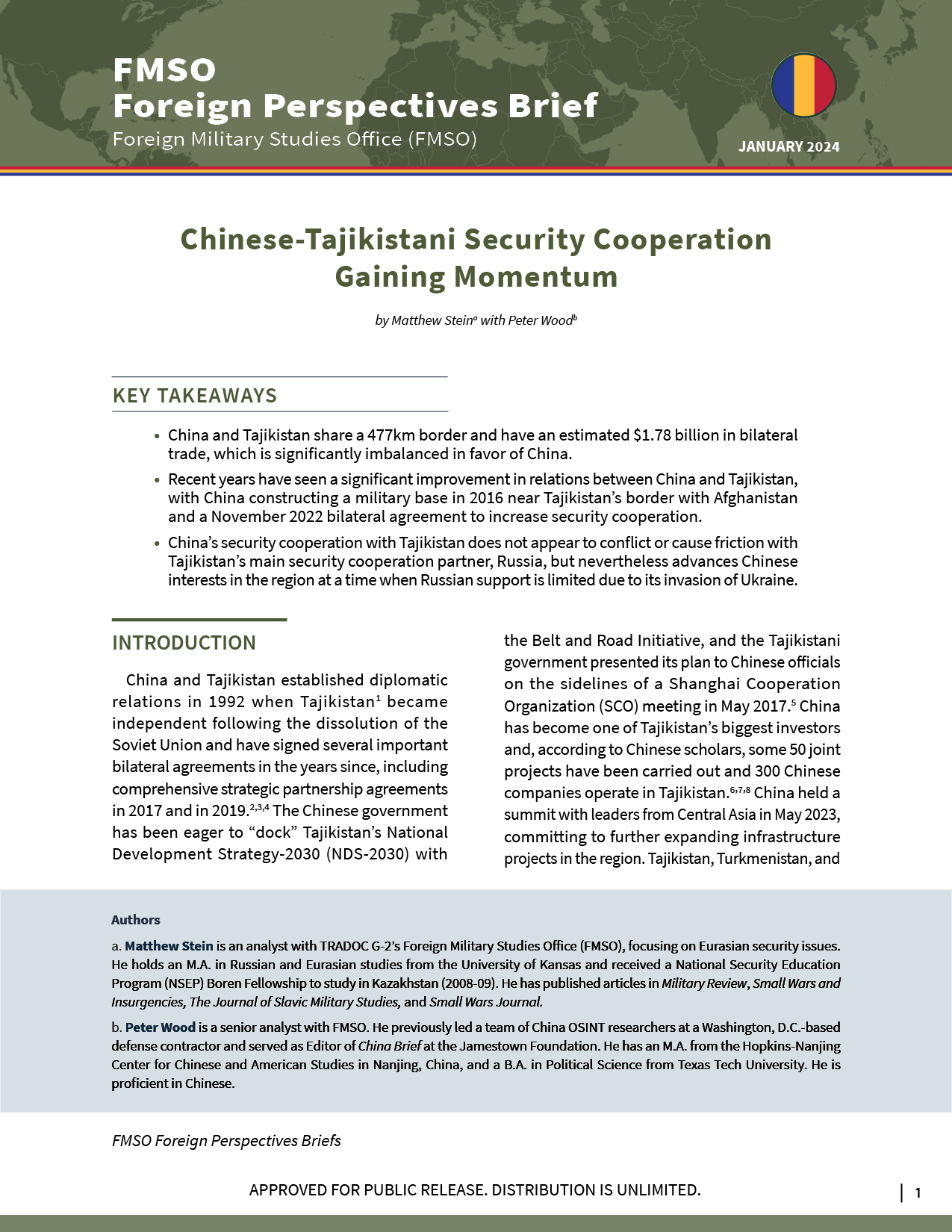
The Forum on China-Africa Cooperation has become a core component of China’s promoting its Belt and Road Initiative (BRI).
“[Transitional President of Gabon] Nguema’s regime may not be transparent and may allow China to establish a permanent [naval] presence in Gabon.”
Gabon has become a key nation for China to expand its political, economic and, increasingly, military influence in Africa. Not only has China become Gabon’s primary trading partner, the two countries also upgraded their relations to a comprehensive strategic cooperative partnership when their foreign ministers met in Beijing last October.[i] Questions remain about whether China will develop naval bases or station troops in Gabon under Gabon’s new leadership, which came to power two months before the foreign ministers’ landmark meeting.
On 13 February, the Taiwanese newspaper Shijie Ribao, published the excerpted article on Bejing’s efforts to station troops in Gabon under the country’s former president, Ali Bongo. Had President Bongo not been overthrown by his own presidential guard in August 2023, China may have already been on the path to meeting that goal.[ii] Gabon could, therefore, have become the first country to provide China access to sought-after Atlantic Ocean naval bases.[iii]
The article also claims that although President Bongo’s successor, General Brice Oligui Nguema, states he will not allow any Chinese bases in Gabon, he may eventually prove unable or unwilling to resist Chinese pressure. Gabon is a uniquely oil-rich country, which, in addition to its strategic location, could make it more attractive for China to assert its influence beyond its geopolitical position. China has already built base and port infrastructure in East Africa, such as its naval base in Djibouti. However, stationing troops in West Africa has remained elusive. Should a Chinese naval base be built in Gabon, it would represent a victory for China’s global Belt and Road Initiative.[iv]
Sources:
“美中非洲角力 传北京拟于加蓬驻军未果 (U.S.-China rivalry over Africa: Beijing plans to station troops in Gabon but fails),” worldjournal.com (Largest Chinese-language newspaper in the U.S, which is moderately critical of the Chinese Communist Party), 13 February 2024. https://www.worldjournal.com/wj/story/121480/7767824?zh-cn
Bongo, the former president of Gabon, revealed he promised Beijing to station its troops [in Gabon], but Bongo was later overthrown by his own presidential guard.
According to the Chinese government, Chinese companies have constructed around 100 commercial ports in Africa since 2000, from Mauritania on the western end of Africa to Kenya on the Indian Ocean coast. But there is currently only one African port that has been built as a permanent base that can dock Chinese ships and troops. This was built by the People’s Liberation Army in Djibouti seven years ago. Aircraft carriers and nuclear submarines can dock at this Chinese base.Even though Nguema states that he understands the U.S.’s concerns, senior U.S. officials also expressed concerns that Nguema’s regime may not be transparent and may allow China to establish a permanent presence in Gabon.
Notes:
[i] Fmprc.gov.cn, “Wang Yi Meets with Gabonese Foreign Minister Hermann Immongault,” October 7, 2023, https://www.fmprc.gov.cn/mfa_eng/zxxx_662805/202307/t20230725_11117519.html#:~:text=In%20April%20this%20year%2C%20President,the%20development%20of%20bilateral%20relations.
[ii] The overthrow of Ali Bongo on 30 August 2023 was related to the overthrow only five weeks earlier of Niger’s president Mohamed Bazoum by his own military entourage. Ali Bongo had been officially declared the winner of Gabon’s presidential election for his third term in office. However, a group of military officers, who were influenced by the events in Niger and were displeased with Ali Bongo’s attempt to continue his tenure as Gabon’s leader, announced his removal from office, arrested him, and suspended the constitution. Besides Niger, Guinea (September 2021), Mali (August 2020 and May 2021), Burkina Faso (January 2022) had also underwent coups before Gabon’s, which made attempting a coup in Gabon more palatable in the region, and especially among other post-coup countries. See “Question Time: Situation in west and central Africa in the light of the recent coups d’état,” European Parliament, Plenary—September 2023. https://www.europarl.europa.eu/RegData/etudes/ATAG/2023/751465/EPRS_ATA(2023)751465_EN.pdf
[iii] On Beijing’s plans to establish a naval base in Gabon, see North Africa Post, “Ousted Ali Bongo nodded to establishment of Chinese military base despite concerns of France, U.S.A.,” September 8, 2023, https://northafricapost.com/71098-ousted-ali-bongo-nodded-to-establishment-of-chinese-military-base-despite-concerns-of-france-u-s-a.html
[iv] For more information on the BRI’s previous expansion, see Les Grau, “China Belt and Road Initiative Test on Trans-Eurasian Rail,” OE Watch, September 2020. https://community.apan.org/wg/tradoc-g2/fmso/m/oe-watch-articles-2-singular-format/360893
Image Information:
Image: The Forum on China-Africa Cooperation has become a core component of China’s promoting its Belt and Road Initiative (BRI).
Source: Stephen Walli https://commons.wikimedia.org/wiki/File:Forum_on_China-Africa_Cooperation.jpg
Attribution: CC x 2.0




